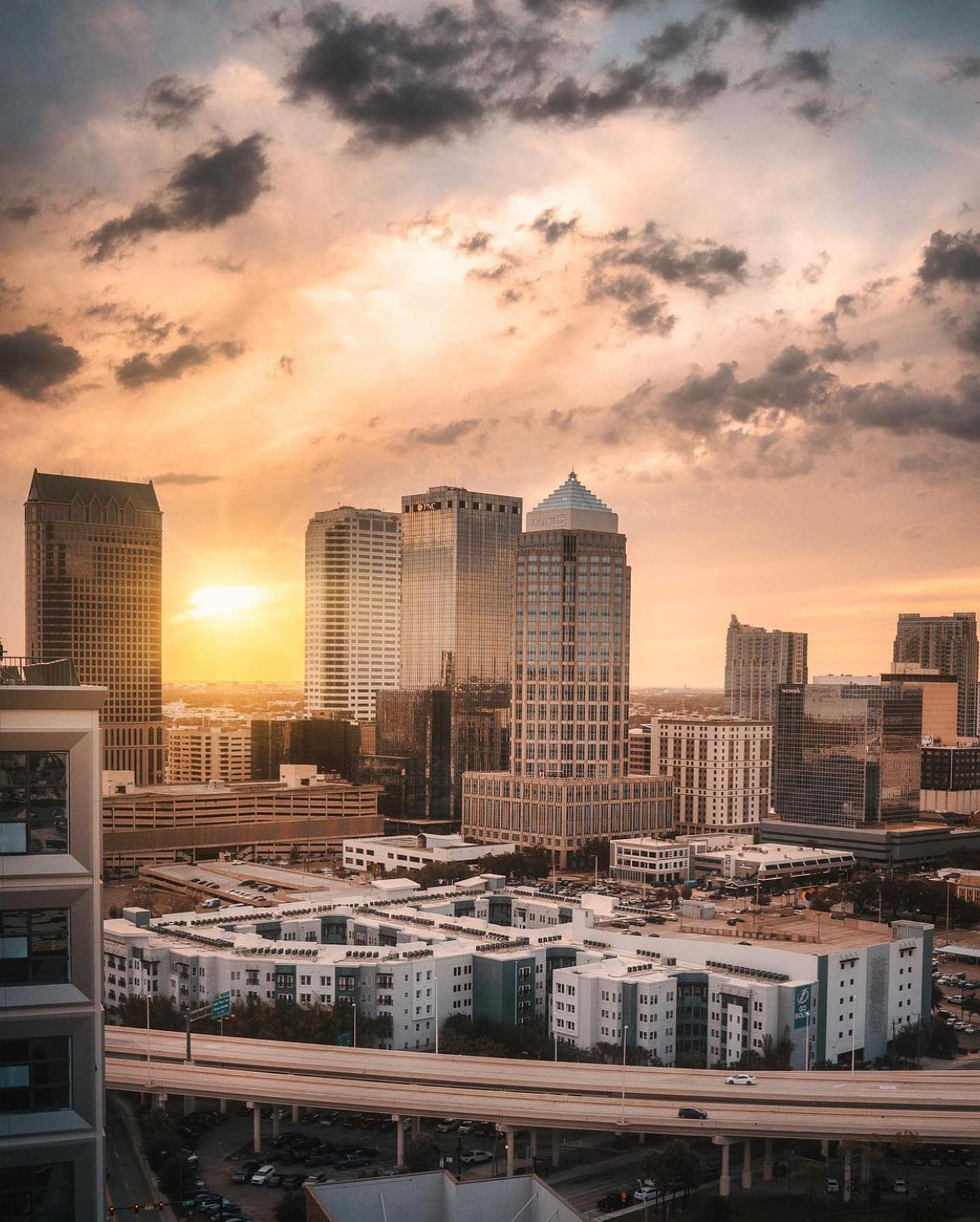Rules & Guidelines¶
Misusing the recycling cart, placing non-accepted items inside, is detrimental to the success of the program. It can ruin entire truck loads of recyclables, waste resources, damage equipment, and create unsafe conditions for employees. Recycling carts are evaluated and households who do not comply with the rules are subject to cart removal. To participate in the program, rules must be followed. Please review the accepted items list on an annual basis in case of program changes. To stay updated, visit: tampa.gov/Recycle
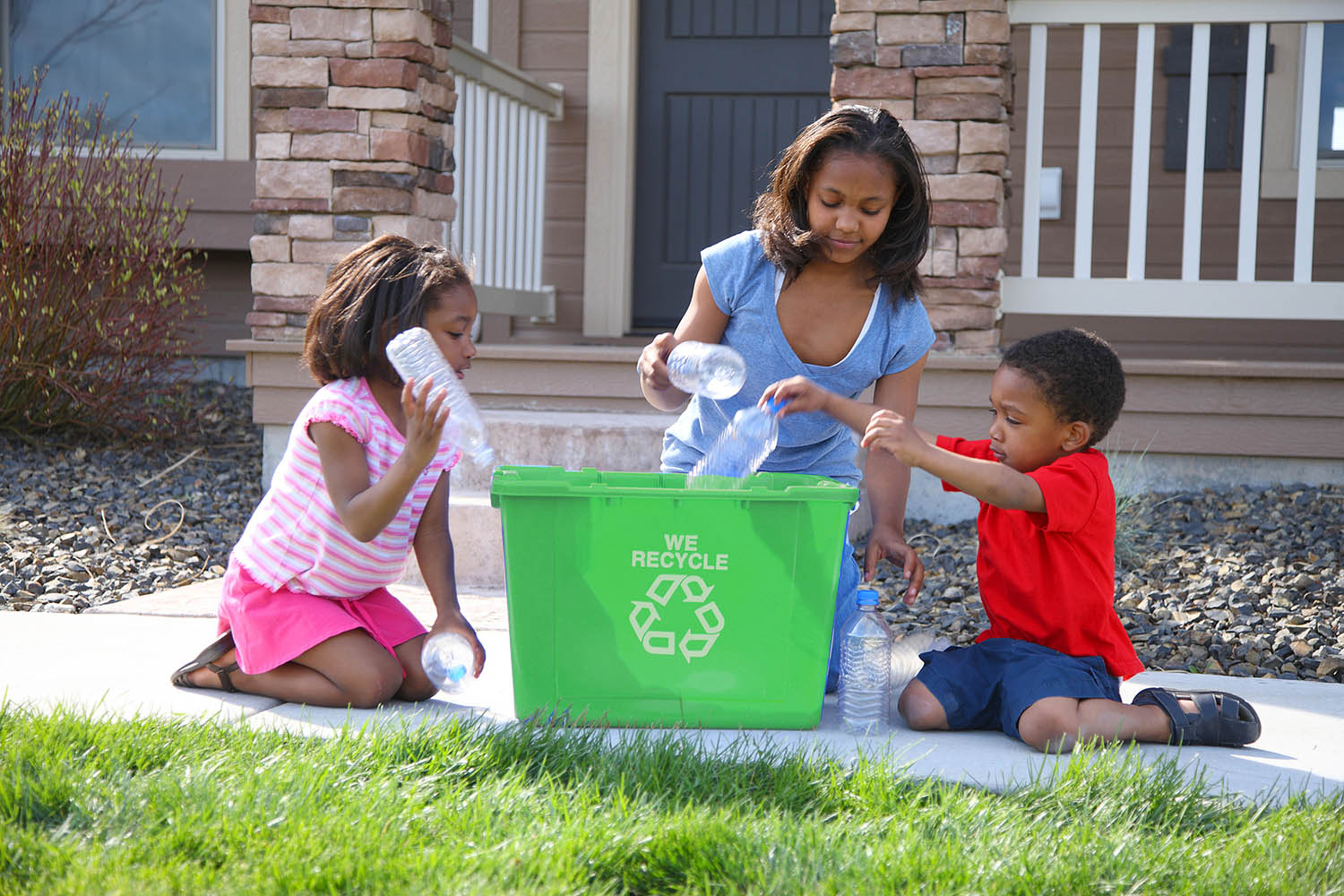
Our program is only able to accept specific items listed by our contracted processor, WM. The accepted items list is dependent on contractor technology, product quality, and market availability. Recycling is a multi-step process and ultimately needs a manufacturer willing and able to take materials and make them into something new for it to be truly recycled. While some items may be labeled as recyclable, not all materials can be processed and turned into new items.
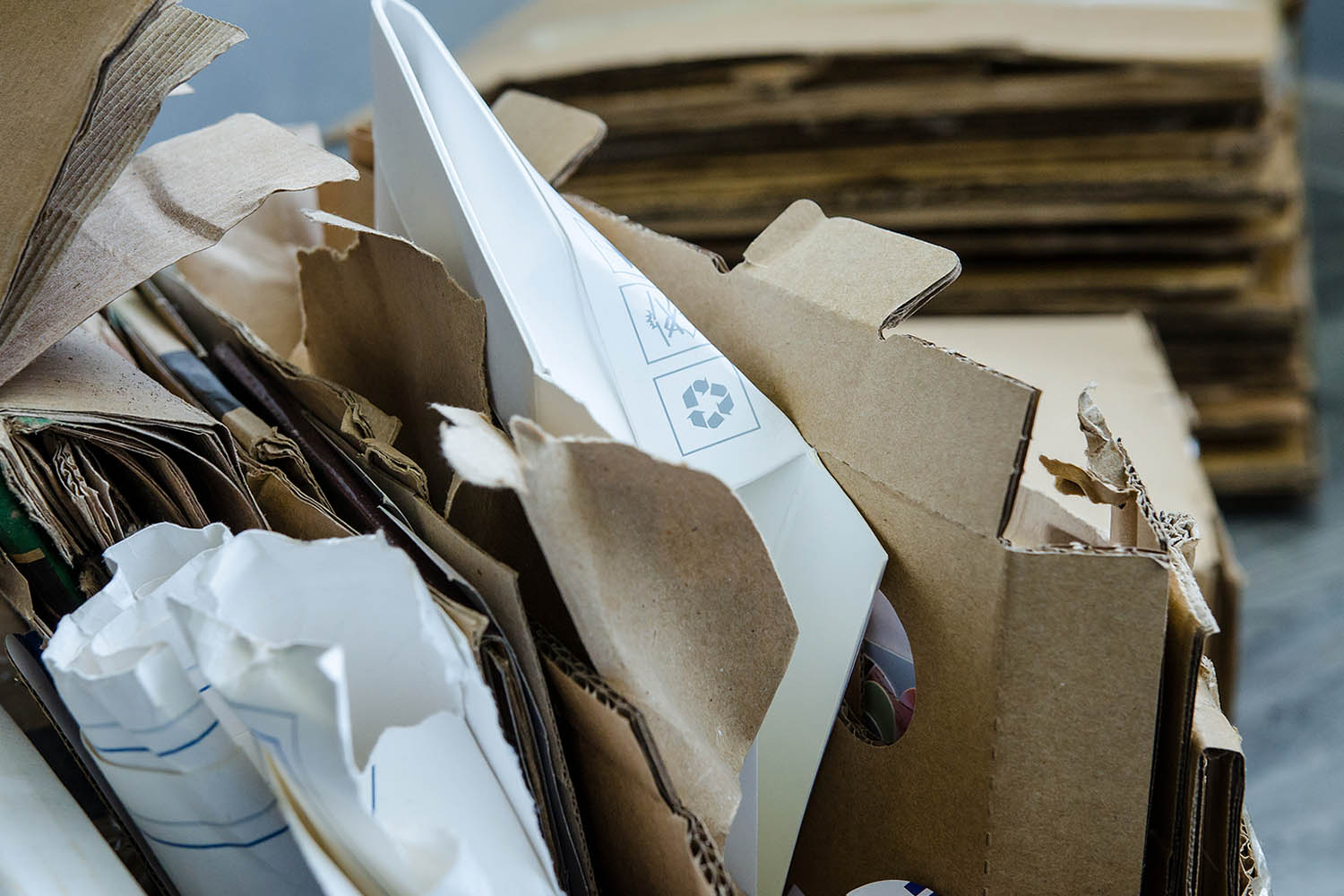
The recycling market varies by continent, country, states, county, cities, and even sometimes neighborhoods. It all depends on what local processors can sort and where they can sell those materials to be turned into something new. Despite many items being marketed globally to consumers, when it comes down to it, what is and isn’t accepted locally is dependent upon local and regional factors.
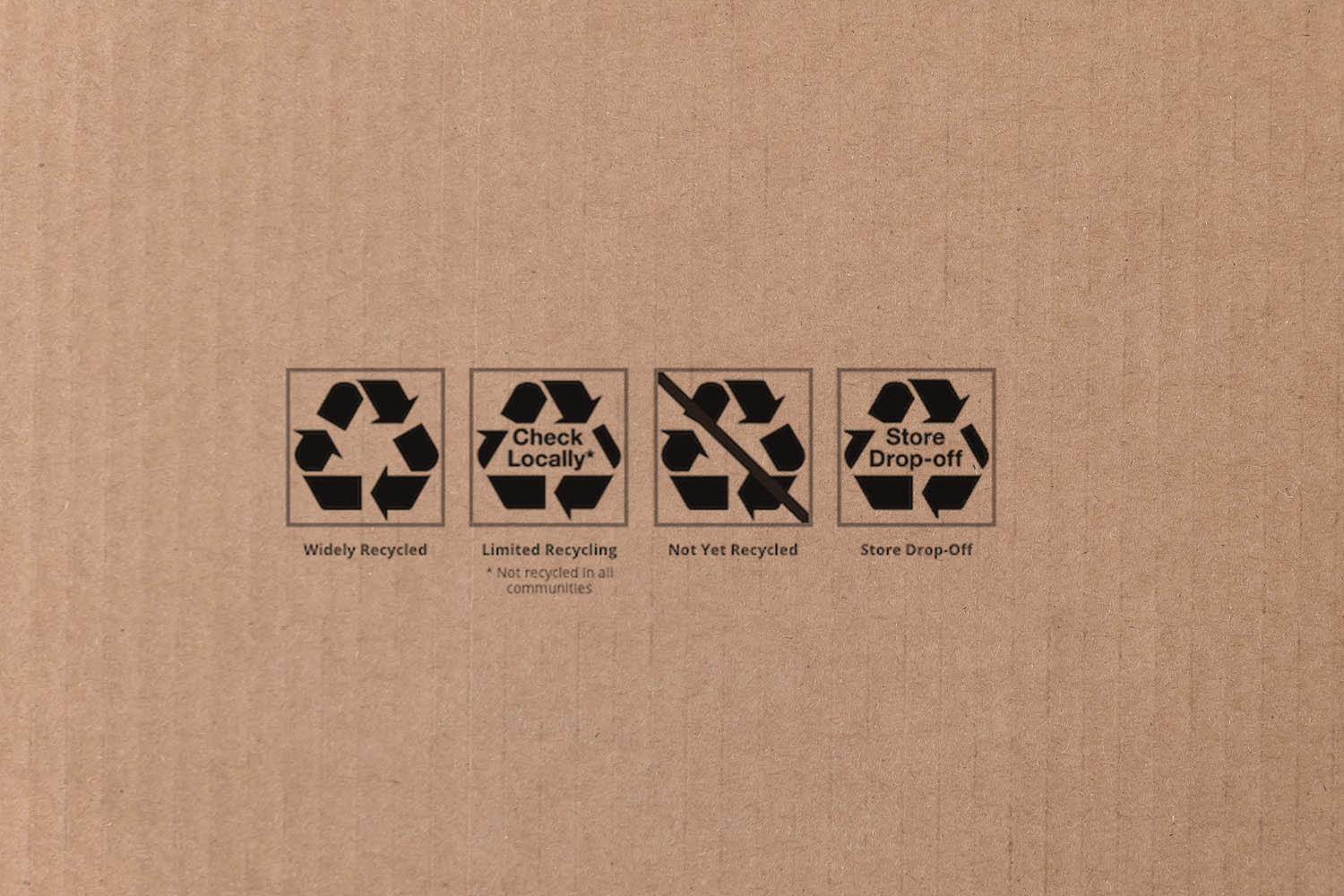
All accepted items should be emptied of their contents and rinsed lightly with clean water. A light rinse with a shake may be necessary for items containing food. Accepted items that contain oils should be emptied in a non-recyclable jar and placed in the trash. Never place oils down the drain. Liquid and food residue affect the quality of material collected and can cause the entire truck load to be rejected by our contractor and treated as garbage. Rest assured, the amount of water used to rinse or rid the item of food or liquid residue is much less than if the item was to be made from scratch; making rinsing recyclables more environmentally friendly than trashing them.
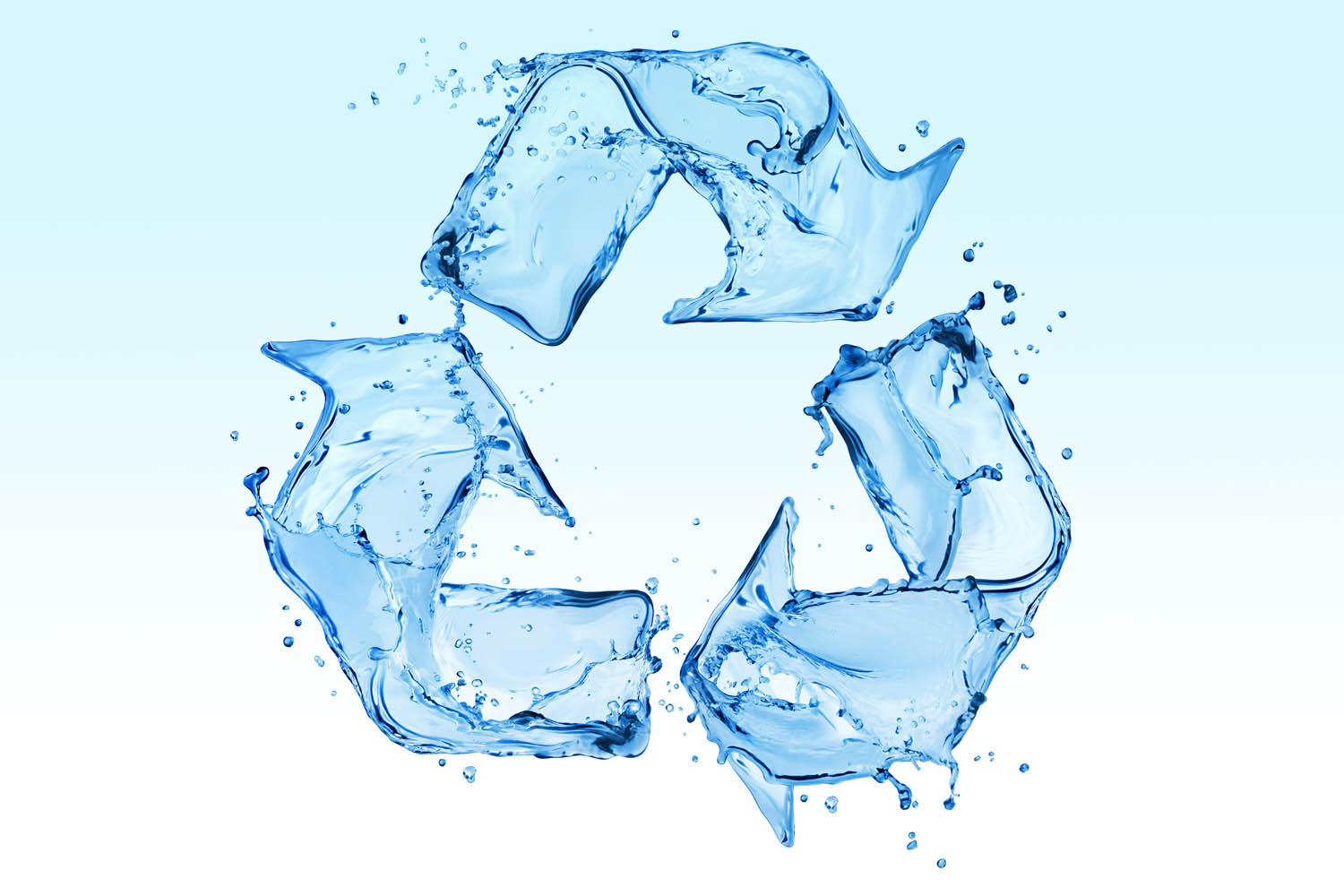
The list can change annually dependent on Material Recovery Facility (MRF) contract renewals. When the accepted items list changes per contract, the educational information provided by the City also changes with the most up to date and accurate information. The information is shared through various media and traditional platforms. It is the responsibility of the recycler to ensure program rules are being followed. Checking program rules every 6 months to a year, by the website or phone, is the best practice for recycling right.
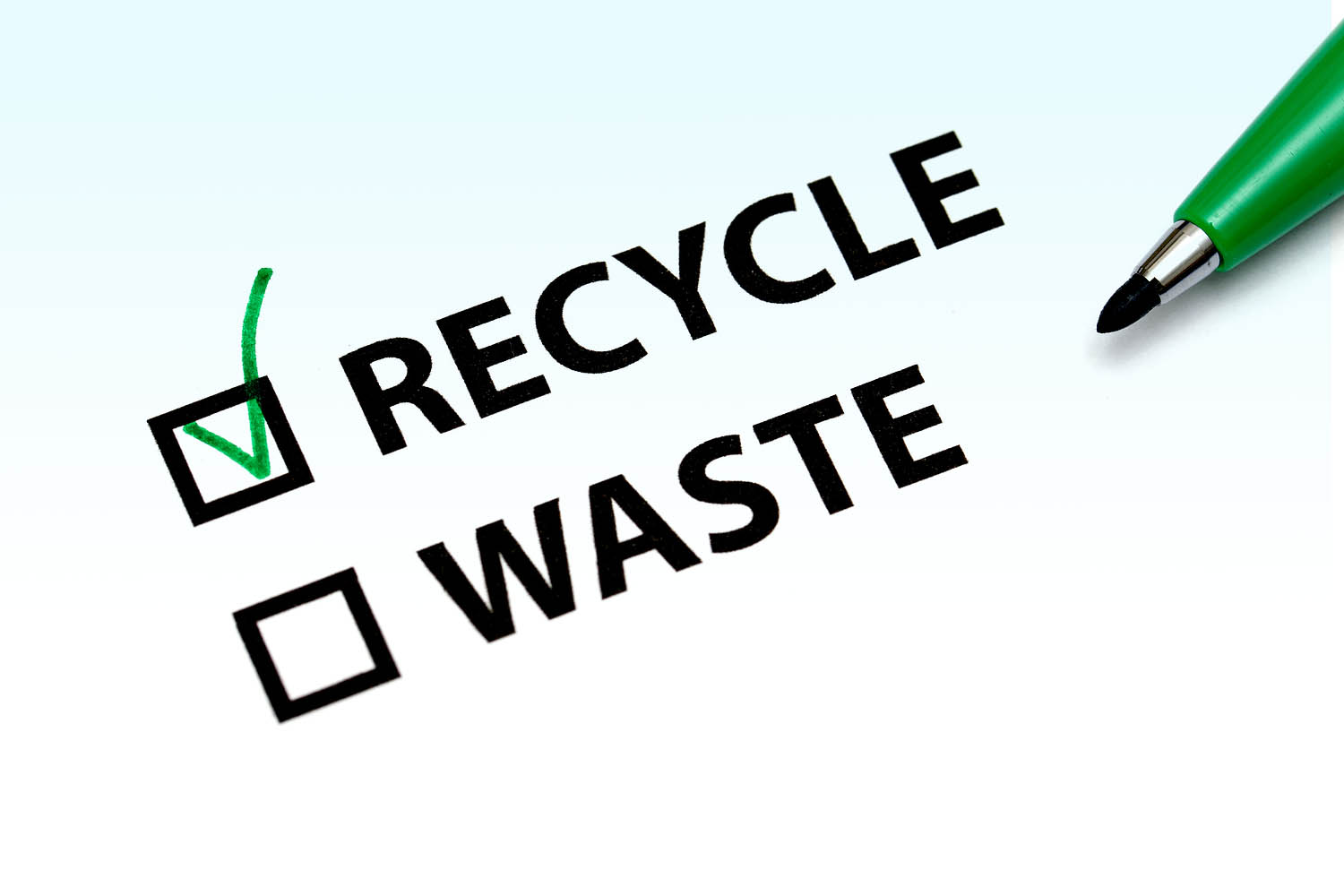
All accepted recyclables must be larger than the size of your fist (for children, the size of their hand). Items too small or too thin are not able to be sorted properly and fall through the sorting equipment with the recyclable glass. The small items heavily contaminate the recyclable glass and the unfortunate outcome is the contaminated glass becomes unmarketable in the industry. Caps, lids, plastic utensils, straws, shredded paper, and any other small items are not accepted in your recycling cart. All items smaller than your fist should be placed in the garbage or taken to the proper disposal site (electronics and hazardous waste).
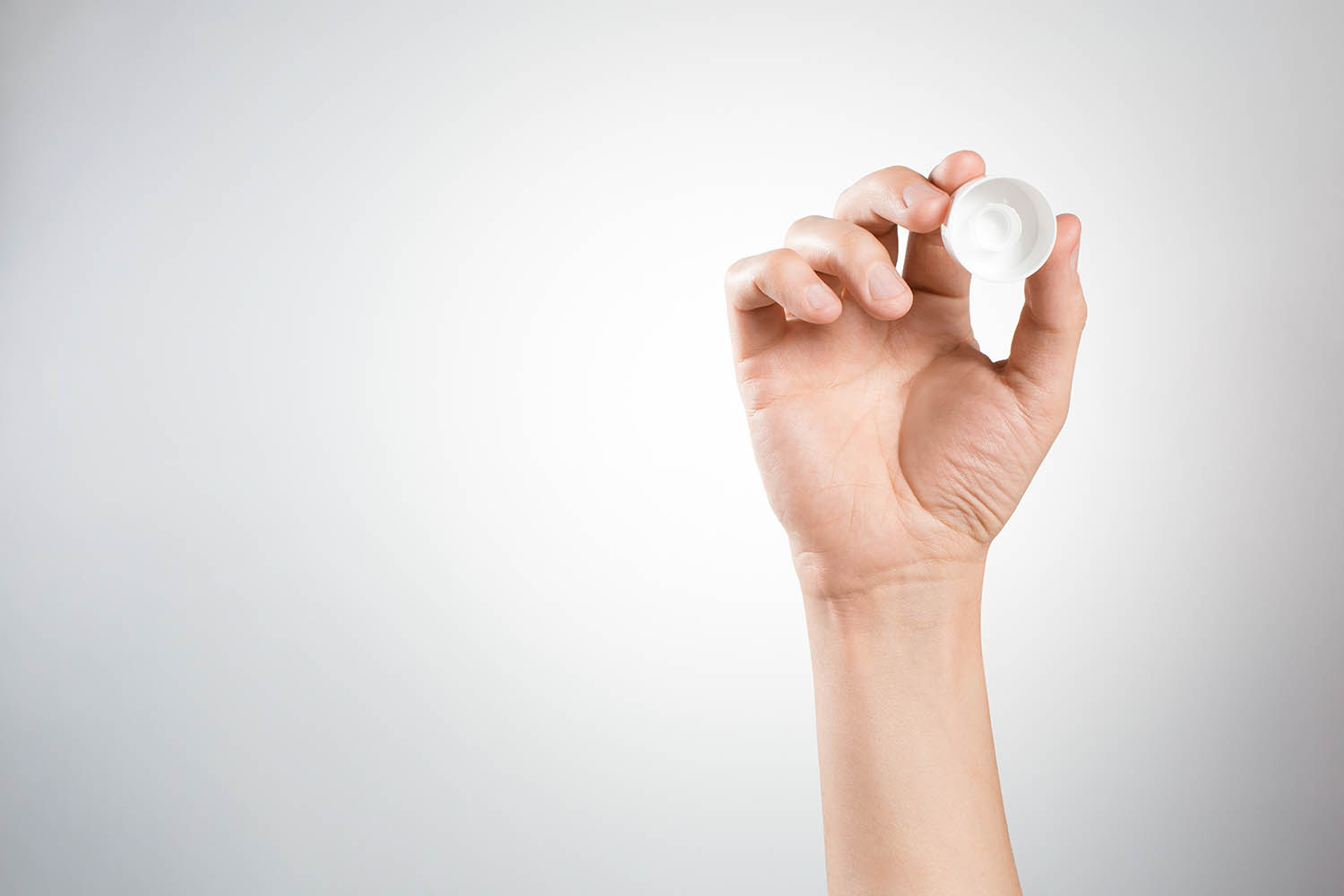
Paper envelopes with the plastic (acetate) windows are accepted and can be placed in your curbside recycling cart. Any other mixed material envelopes should be placed in the trash: for example, bubble padded or lined envelopes, completely plastic envelopes, etc.
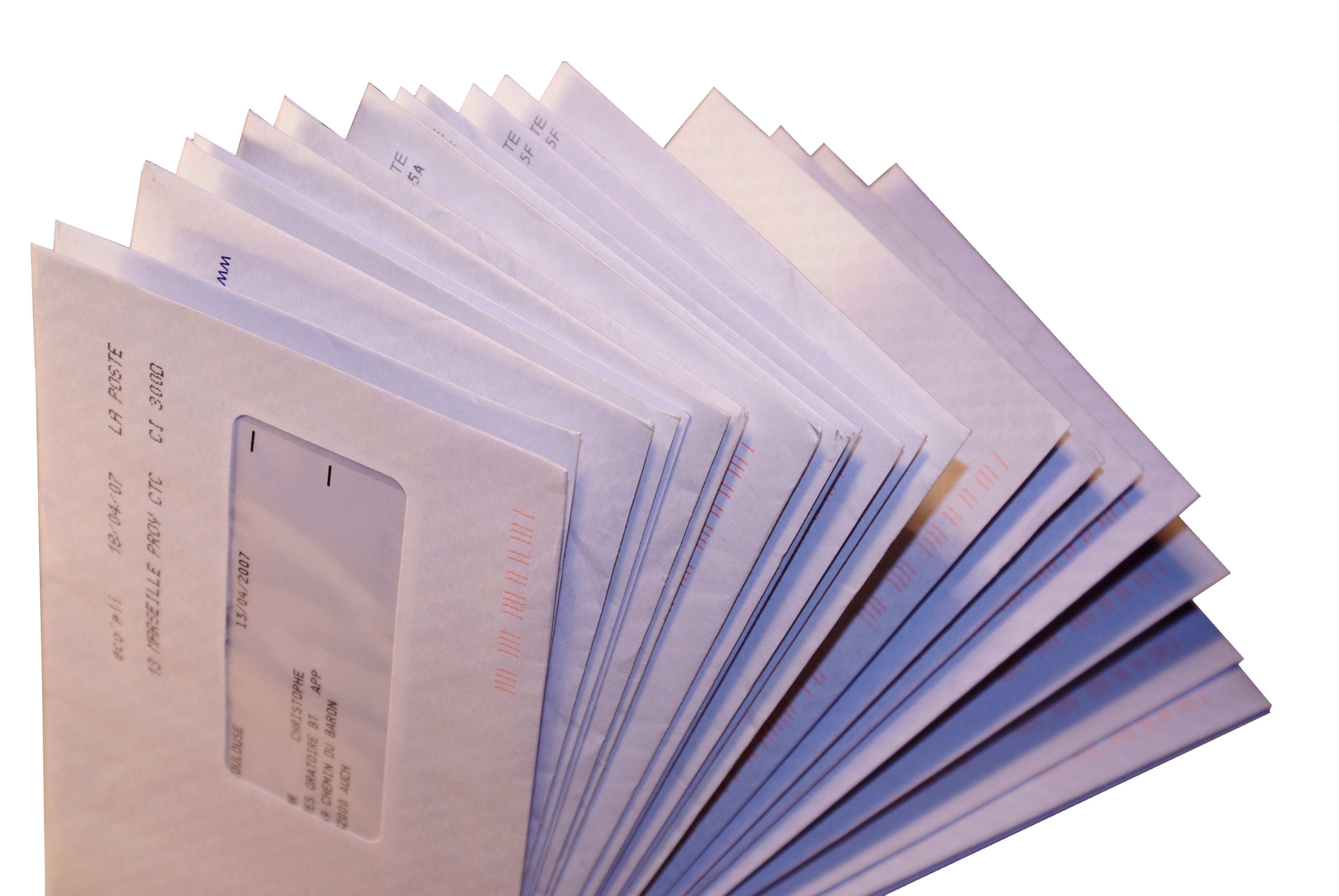
The holidays can sure generate additional waste so it is important that you practice good recycling skills during these times. Some questionable items like tinsel, Christmas lights, and ribbon frequently end up in recycling causing contamination and running good recyclables. Make sure you stick with the items you know will get recycled. For a complete list visit: tampa.gov/RecycletheHolidays
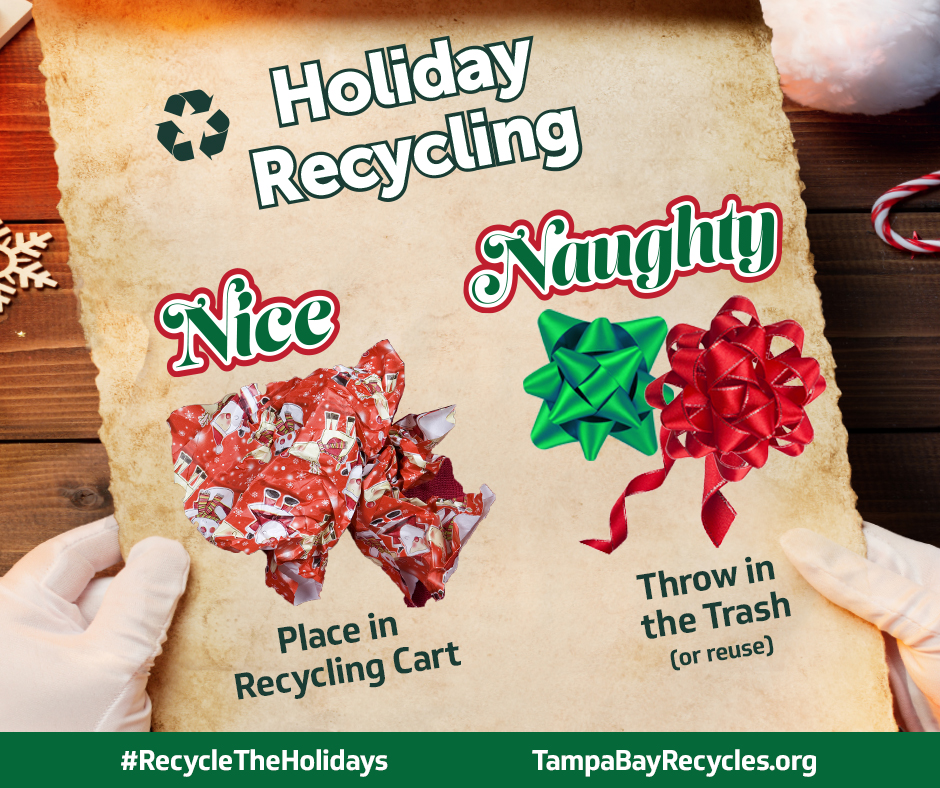
Non-Accepted Items¶
Different kinds of plastics cannot be mixed in and recycled together due to their varying composition. When in the recycling process, plastics are separated into groups of their individual types, and then processed according to their needs. Not all plastics are created equal and have specific pathways to becoming new items. Some plastics have higher recyclability while other plastics have less or no ability to become anything new. It is best to avoid using non-recyclable plastic when possible.
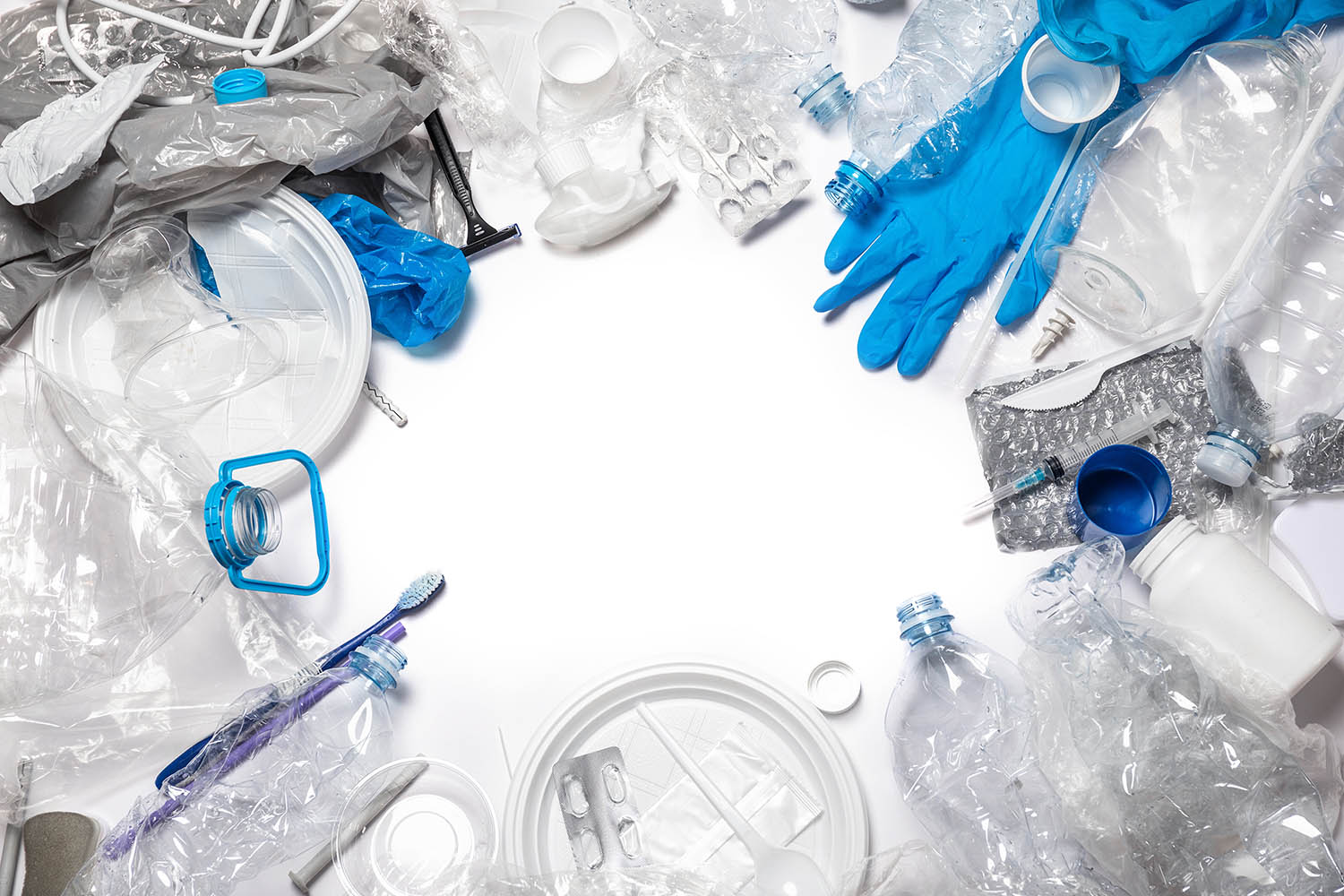
Aseptic cartons that are lined with plastic and/or metal are not accepted within the City of Tampa’s recycling program because the multi-layer packaging makes it hard to recycle. There is currently a major lack in manufacturers available to our region that accept and recycle aseptic cartons into new products because of the difficulty of processing the multiple layers. This includes items like ice cream tubs, soup, broth, and beverage cartons.
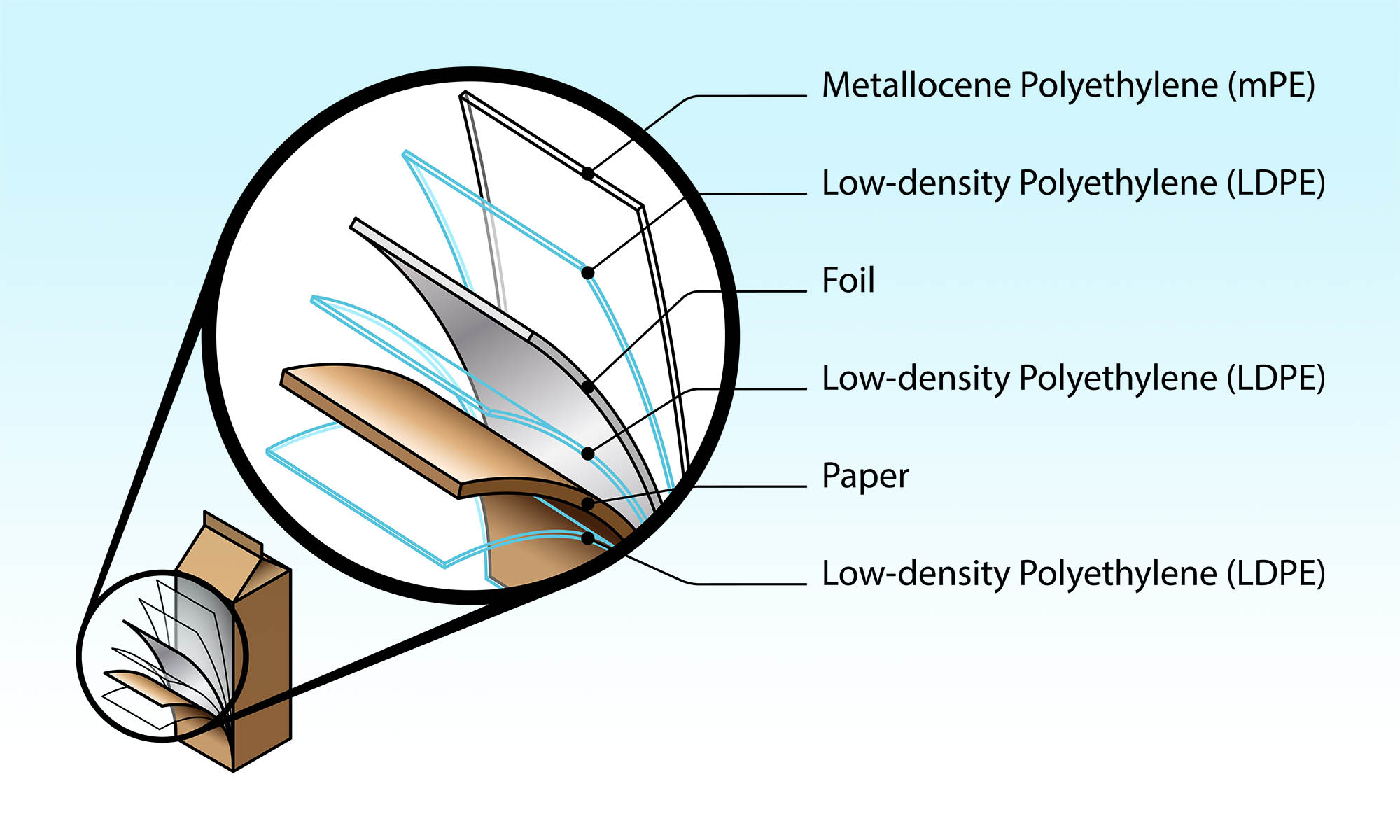
For decades, the egg carton/tray has continued to evolve to be made from different materials. Now they come in foam, plastic, and the paperboard carton. To be clear, out of the three options, the only one accepted for recycling is the paperboard egg carton. The other egg trays made of foam and plastic are not accepted. Shopping tip: Buy eggs in paperboard cartons and recycle them post use.

Polystyrene foams of any kind are not accepted in many recycling programs across the nation, including the City of Tampa’s program. It is a chemically intensive and costly process that results in a major lack of manufacturers being willing and able to recycle it. It is best to avoid using foam products and switch to a reusable or recyclable alternative.
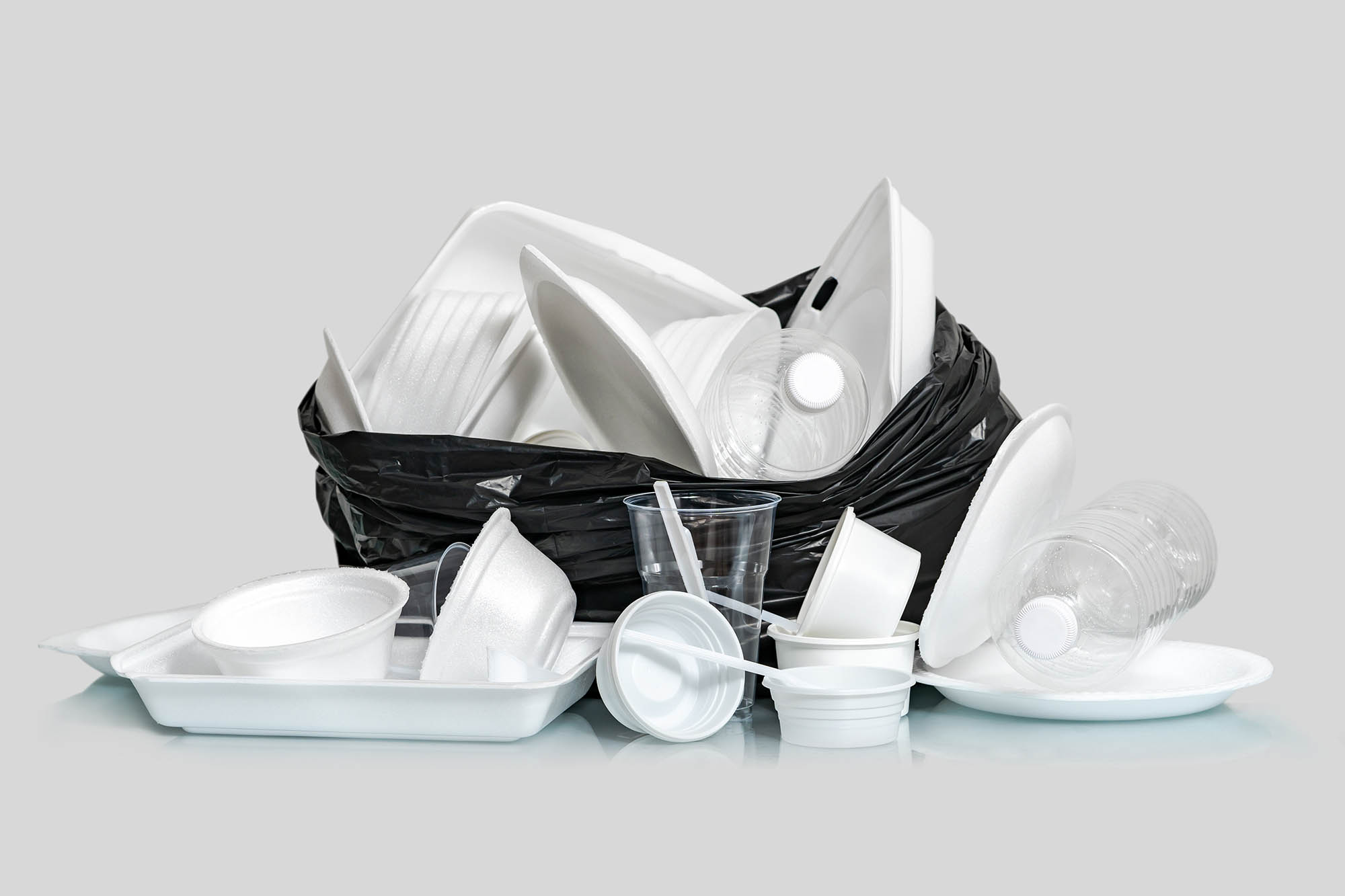
Scrap metal is not accepted in the City of Tampa’s recycling program and instead should be placed in your trash cart. Scrap metal in large quantities may be worthwhile to be taken and sold to a private metal recycler. Metal items not accepted in the recycling program but placed in with your trash will be sent to the Waste to Energy Facility. This facility recovers metals for recycling.
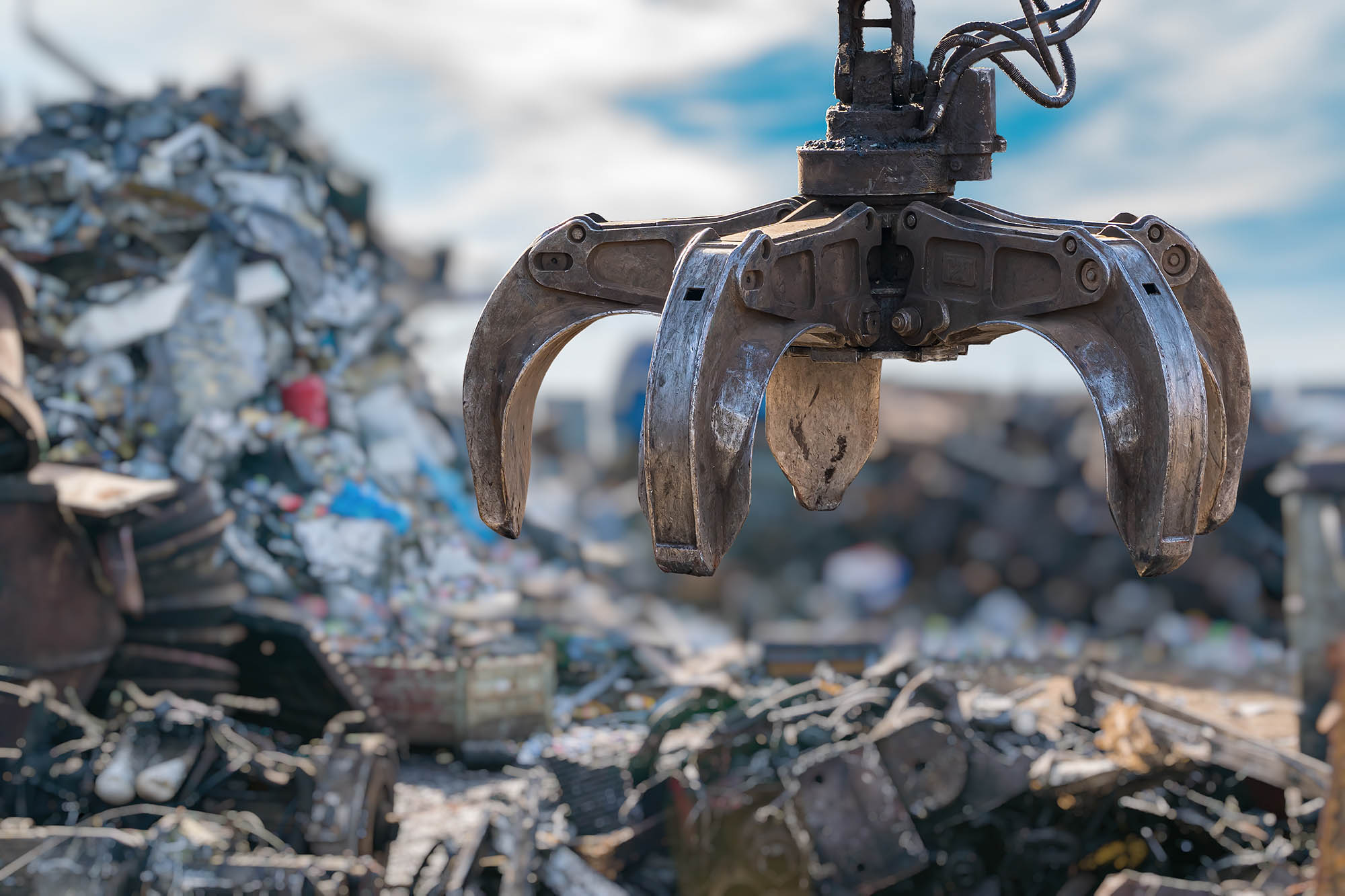
Electronics or batteries of any kind are never to be placed in your recycling cart. Any electronics with rechargeable batteries must be taken to special drop-off locations for proper disposal, like Hillsborough County’s Household Hazardous Waste Drop-off sites. Most household electronics without rechargeable batteries like a blender or an extension cord, can be placed in your blue cart for garbage collection. To learn more about Household Hazardous Waste disposal visit: tampa.gov/HHW

The small numbers with the chasing arrows symbol were never intended to be recycling instructions for consumers. Instead, they were to show the plastic resin code of the item. Overtime this symbol has developed into the unofficial guidance for recycling and has been misused by companies. This logo is unregulated and placed on products to be marketed as recyclable when they’re not accepted nation-wide in all recycling programs. Be aware of Greenwashing: greenwashing is when companies use false marketing and designs to make their product seem more environmentally friendly with the hopes that you’ll buy it based on that aspect. In the end, you must follow the rules provided by your local programs.
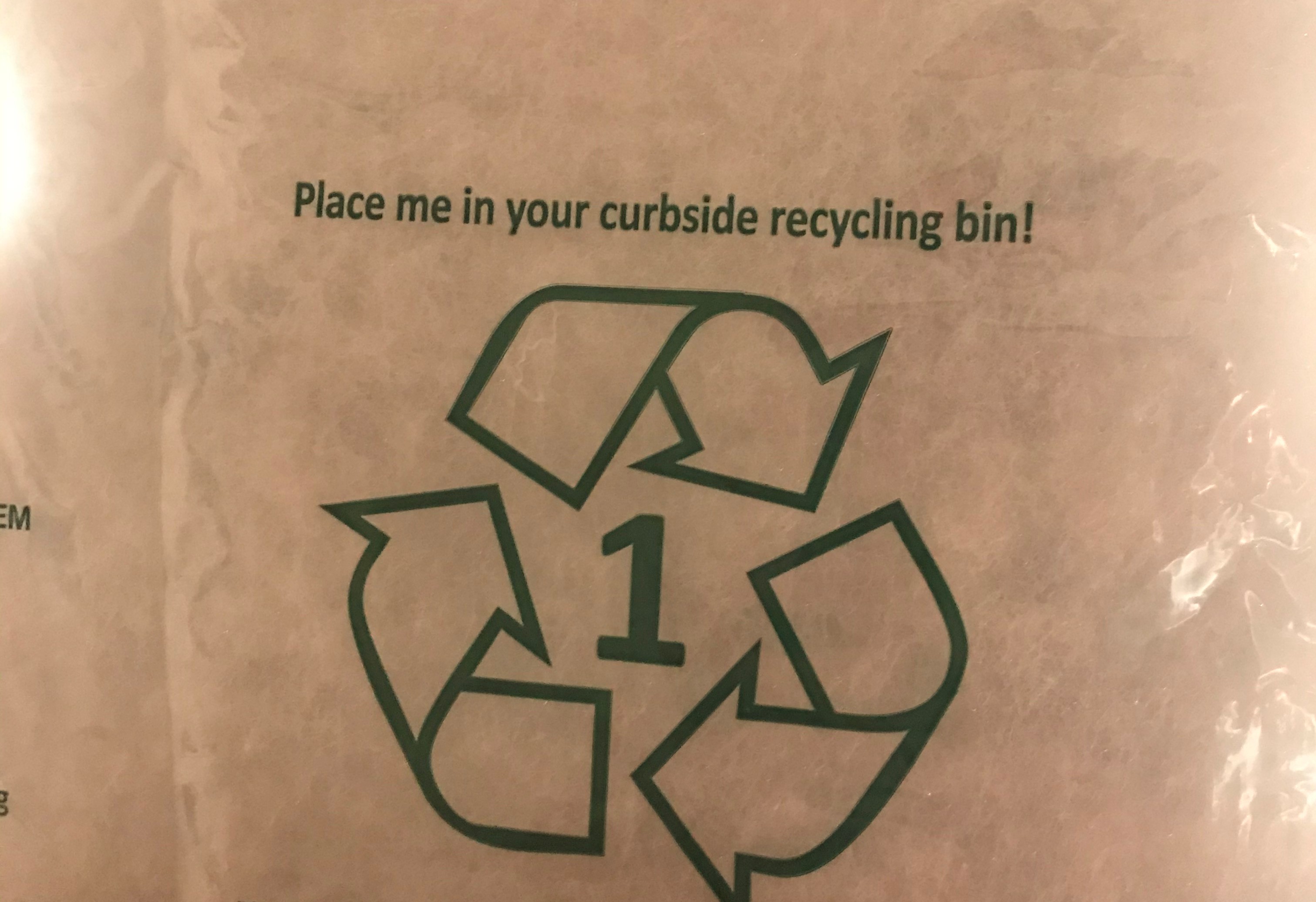
All items must be clean and empty and cardboard is not an exception. When soiled with oils, cheese, and other food residue, cardboard used for pizza boxes is not accepted for recycling locally. Clean fibers are best for recycling paper goods. Dirty, soiled, or wet paper or cardboard items are more scarcely accepted for recycling but not accepted locally: this includes soiled donut boxes.
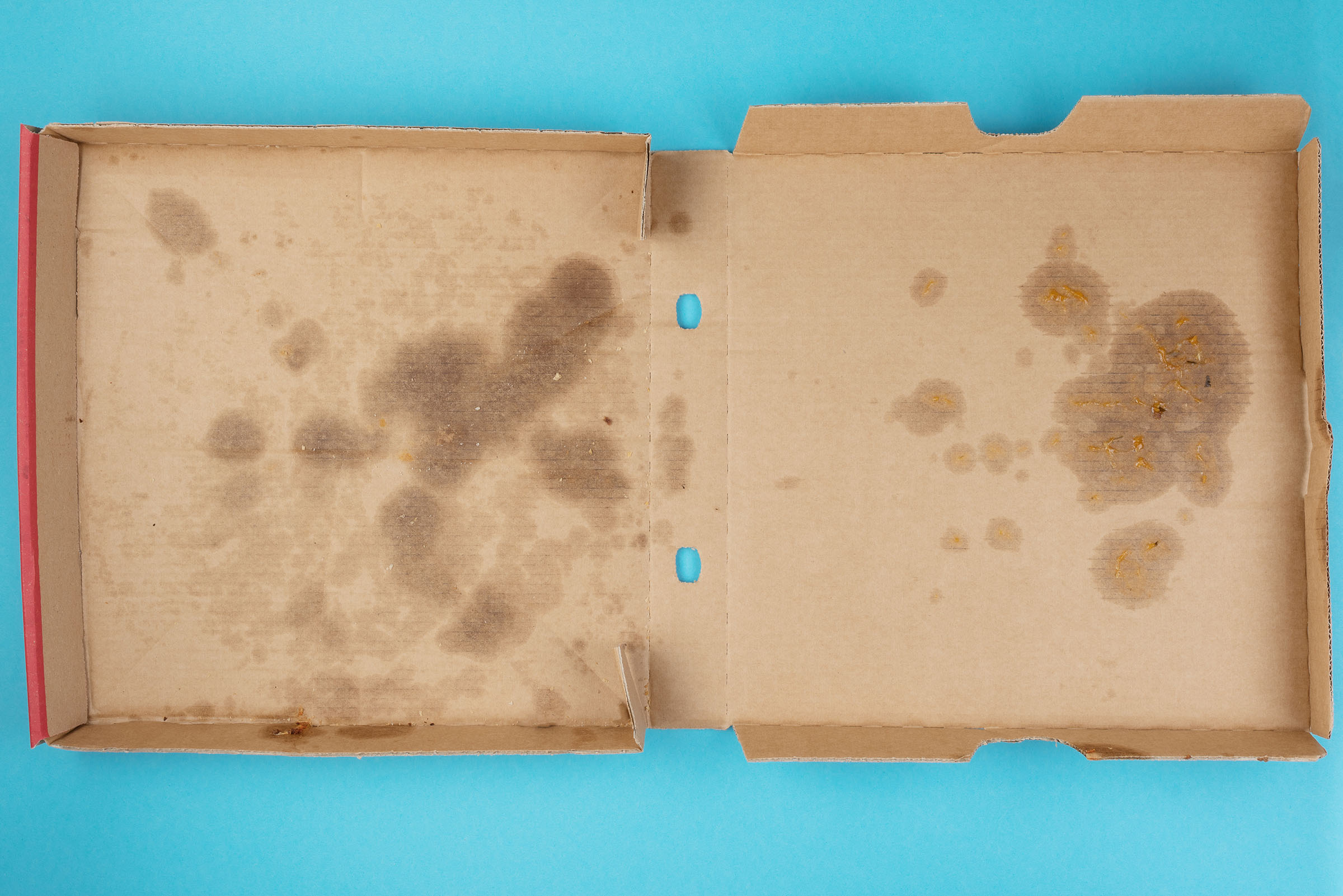
Compostable does not mean recyclable. Compostable items should either be composted under the conditions required for it to break down or placed in the trash. Many compostable items require industrial composting conditions to break down. If the item is placed in the trash (not composted), or composted incorrectly, it ends up using more resources rather than saving them.
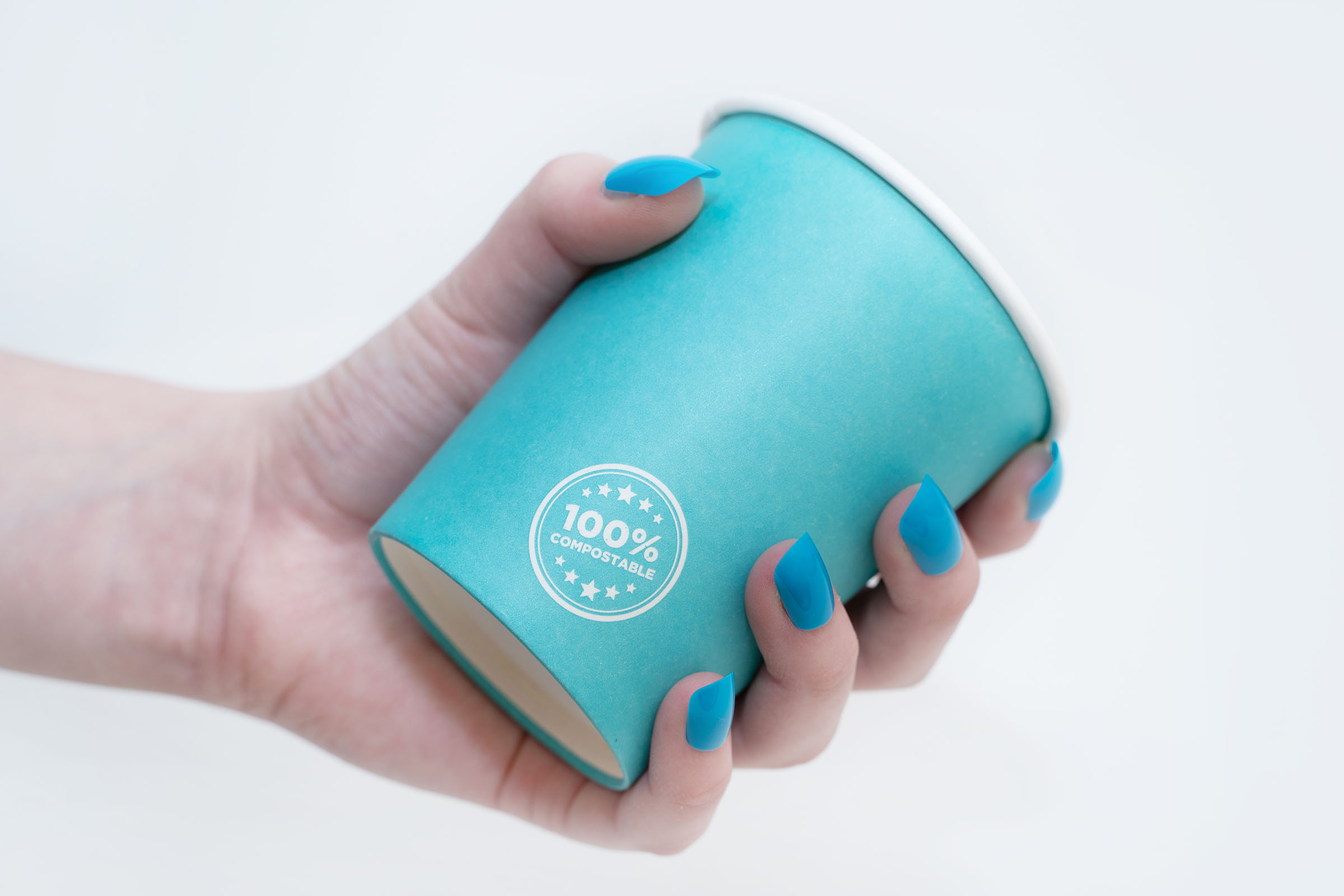
All recycling accepted items are made of one individual material; plastic bottles are one type of plastic, cardboard is one type of fiber, soda cans are aluminum, etc. Multi-layer or mixed-material items like A/C filters have paperboard, plastic fibers, and sometimes metal. Bubble wrap mailers can be paper on the outside but plastic bubble wrap on the inside. Soap pumps are not only too small to recycle on their own but have multiple materials like plastic and metal all in one. Do not place multi-layer items in the recycling. If you can identify two or more materials in an item, it is not recyclable.
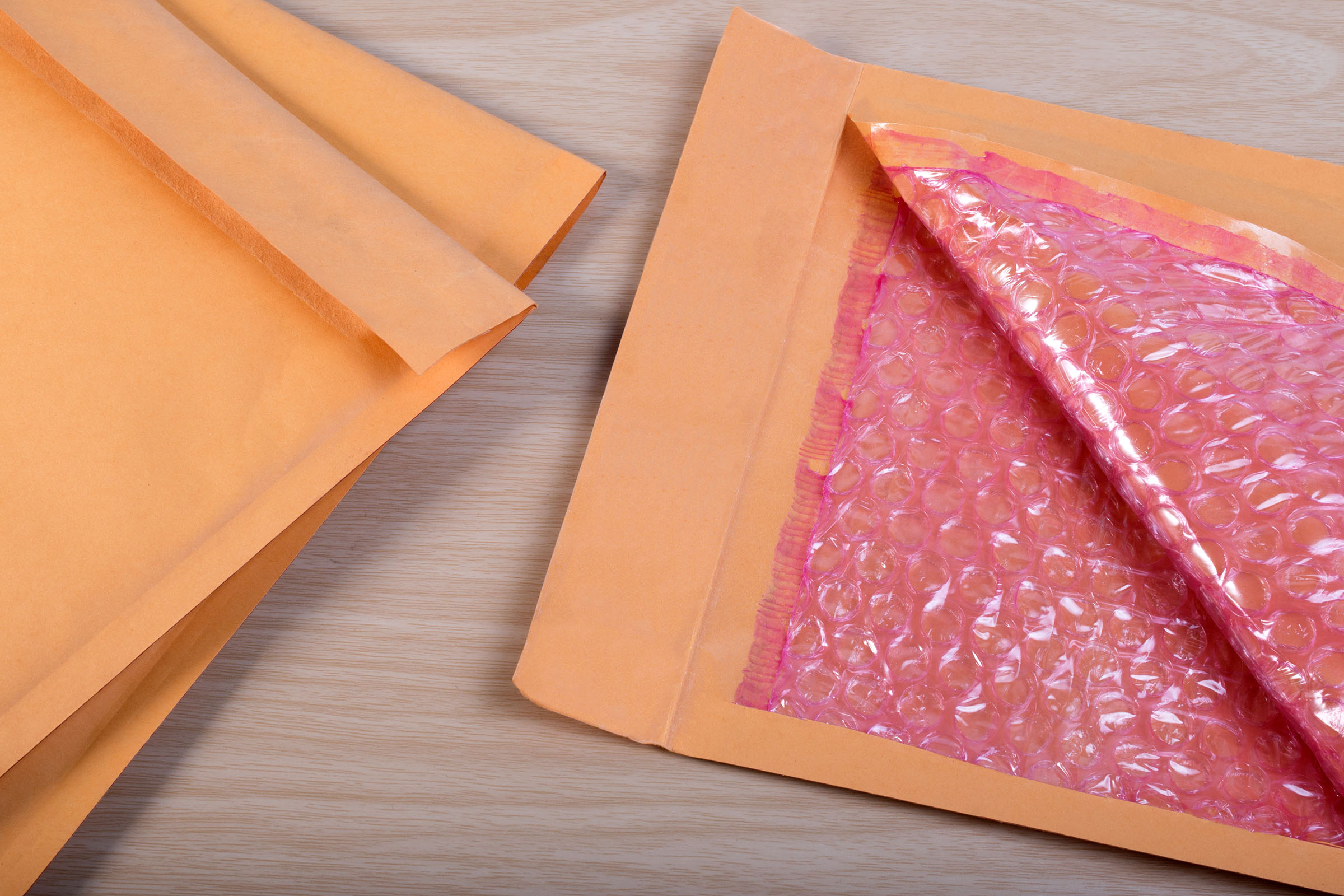
When paper is shredded it becomes lower quality for recycling because of the extremely short fibers created when shredding it. Shredded paper is too small and too light for the Material Recovery Facilities (MRFs) sorting process. Shredded paper ends up with the post sorted glass, ruining its quality. Even bagged in a paper bag, it will not make it through the sorting process. An alternative use for shredded paper is to include it in compost.
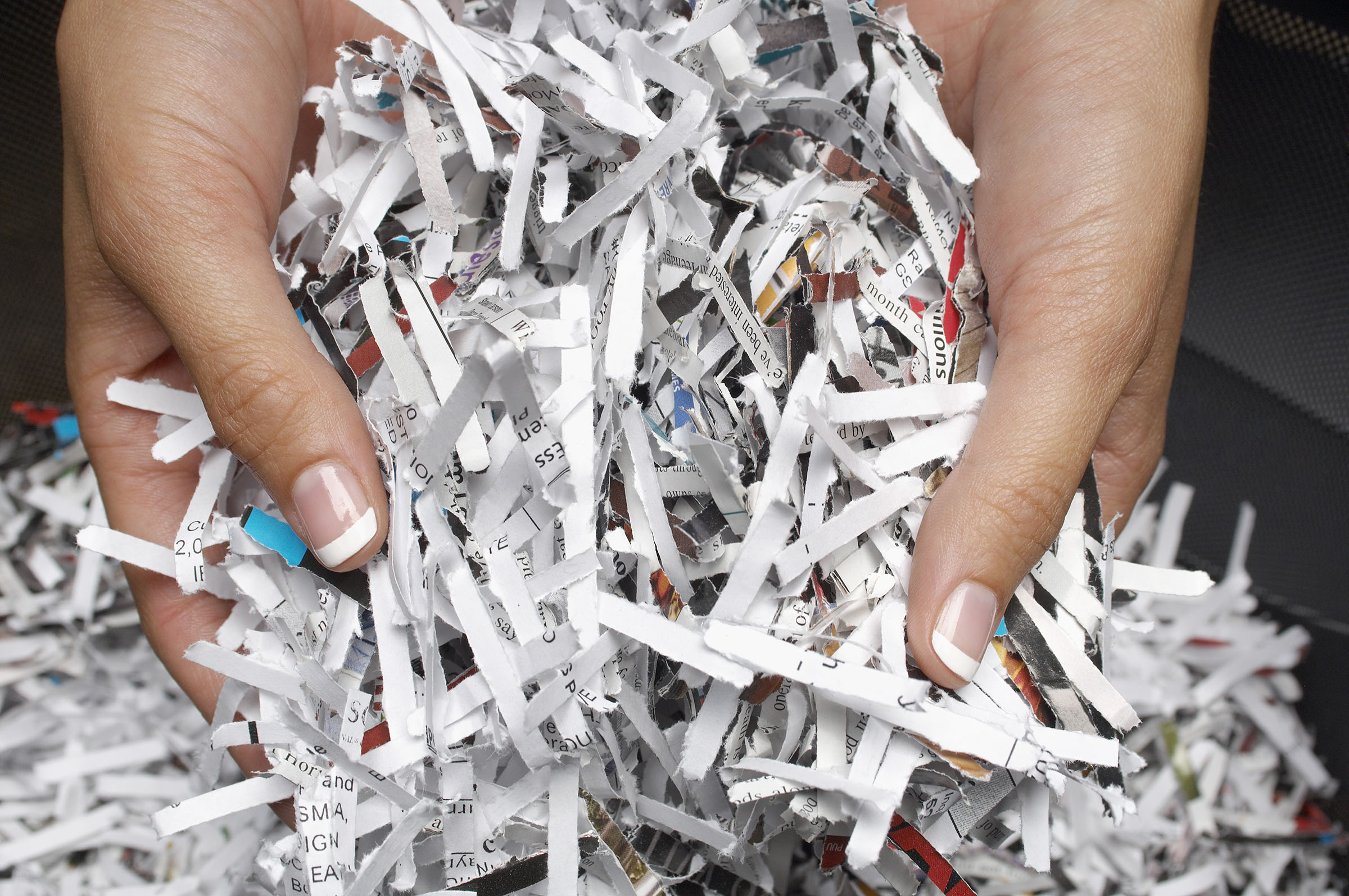
Clothing in good condition can be donated to local charities or clothing drop-off sites. Old Blankets, t-shirts, towels, and rags can also be donated to animal shelters; Please check with the charity or shelters on what items are currently being accepted. Clothing and textiles of any kind cannot go in your recycling cart. Clothing and textiles are considered tanglers causing damage to equipment and creating an unnecessary hazardous work environment for employees.
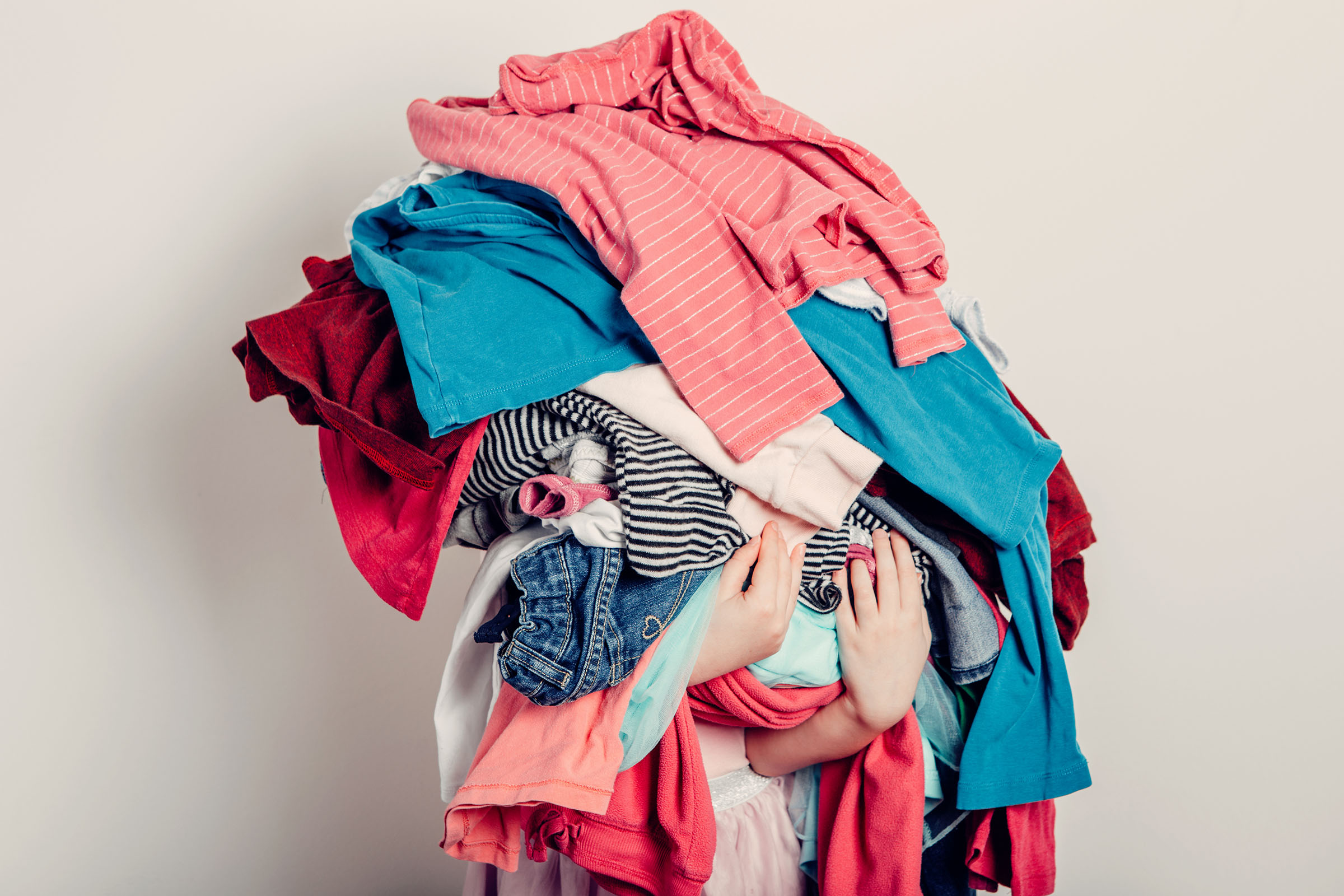
Any item you can wrap around your arm will tangle around the machines that sort through the millions of pounds of recycling material collected. These problematic items are called tanglers. These tanglers include plastic film, bags, clothes/textiles, ropes, cords, hoses, and more. They cause shutdowns in the sorting process for up to 3 hours each day. Not only are these items not accepted for recycling, but they negatively affect the process and can create an unsafe work environment for the staff at the Material Recovery Facility (MRF).
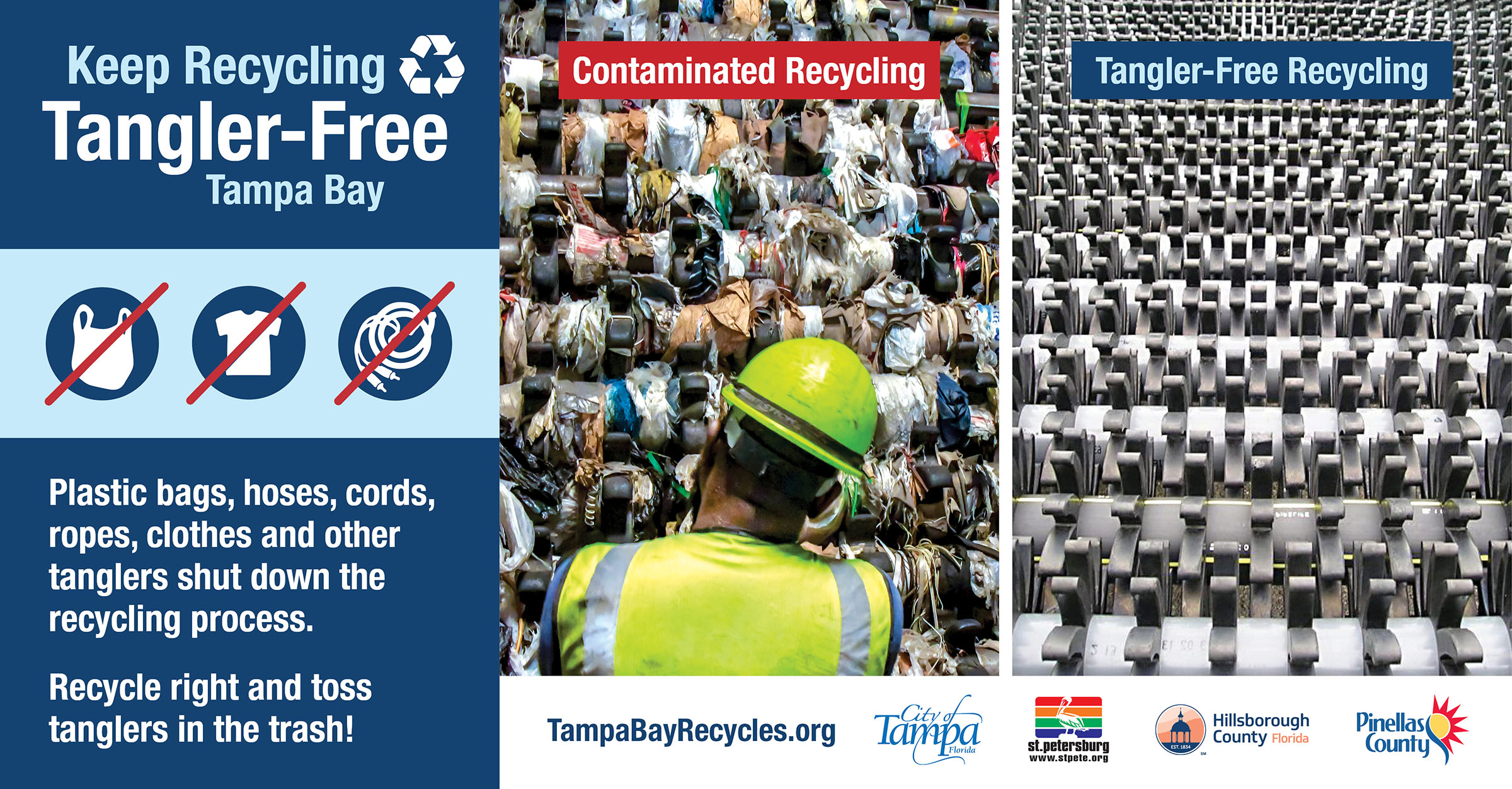
Waste Reduction¶
While recycling can help in making materials last longer and be turned into new items for reuse, there are limits and points where those materials can no longer be recycled. This process is called downcycling, when recyclable materials are made into products that are no longer recyclable.
- Paper cannot be infinitely recycled. It can only be recycled a max of 7 times. Once shredded, papers lifespan is diminished and is also not good for collection due to its small size and light weight.
- Different plastic resins (1, 2, 3, etc.) can vary in quality and their ability to be melted and remade into new items. Most plastic is downcycled as it is made into items that are not recyclable; for example, turning a water bottle into plastic fibers for carpet or clothing.
- Aluminum can be recycled forever and 100% of the aluminum can be melted and turned into new items.
- Glass can also be recycled forever but unlike aluminum, glass is heavier and requires many more resources to be recycled.
Ultimately, it's important to rethink how we can use less of these materials in everyday life; Whether it's avoiding plastic items or using less paper when not necessary, we can take small steps to reduce our waste.
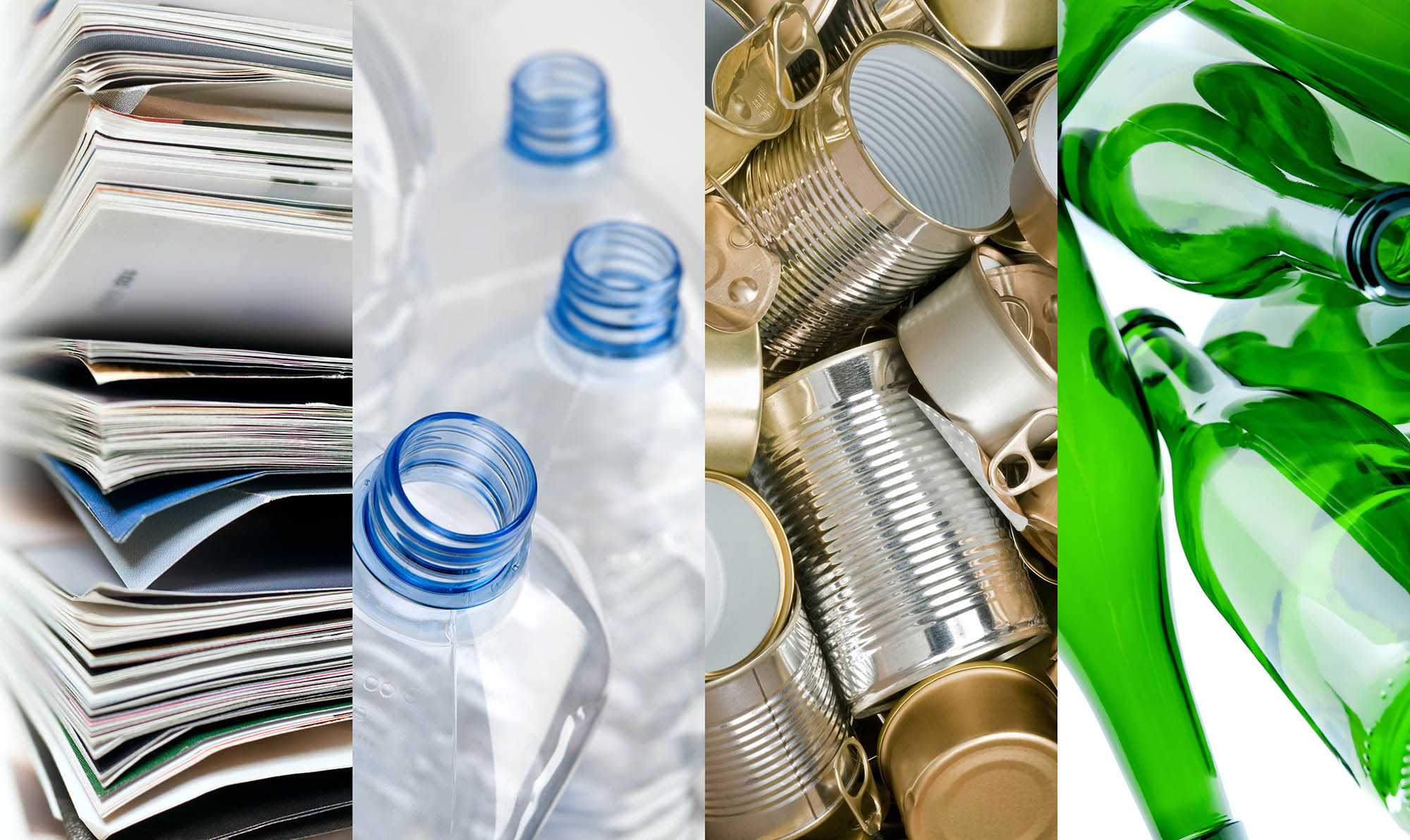
These items are not accepted in the recycling program. Size, quality, and material are the reasons they cannot be recycled curbside. It is best to avoid using these items if possible. Switch out single-use items for reusables wherever you are able. Visit reduceyourusetampabay.org to learn more about reducing your waste.
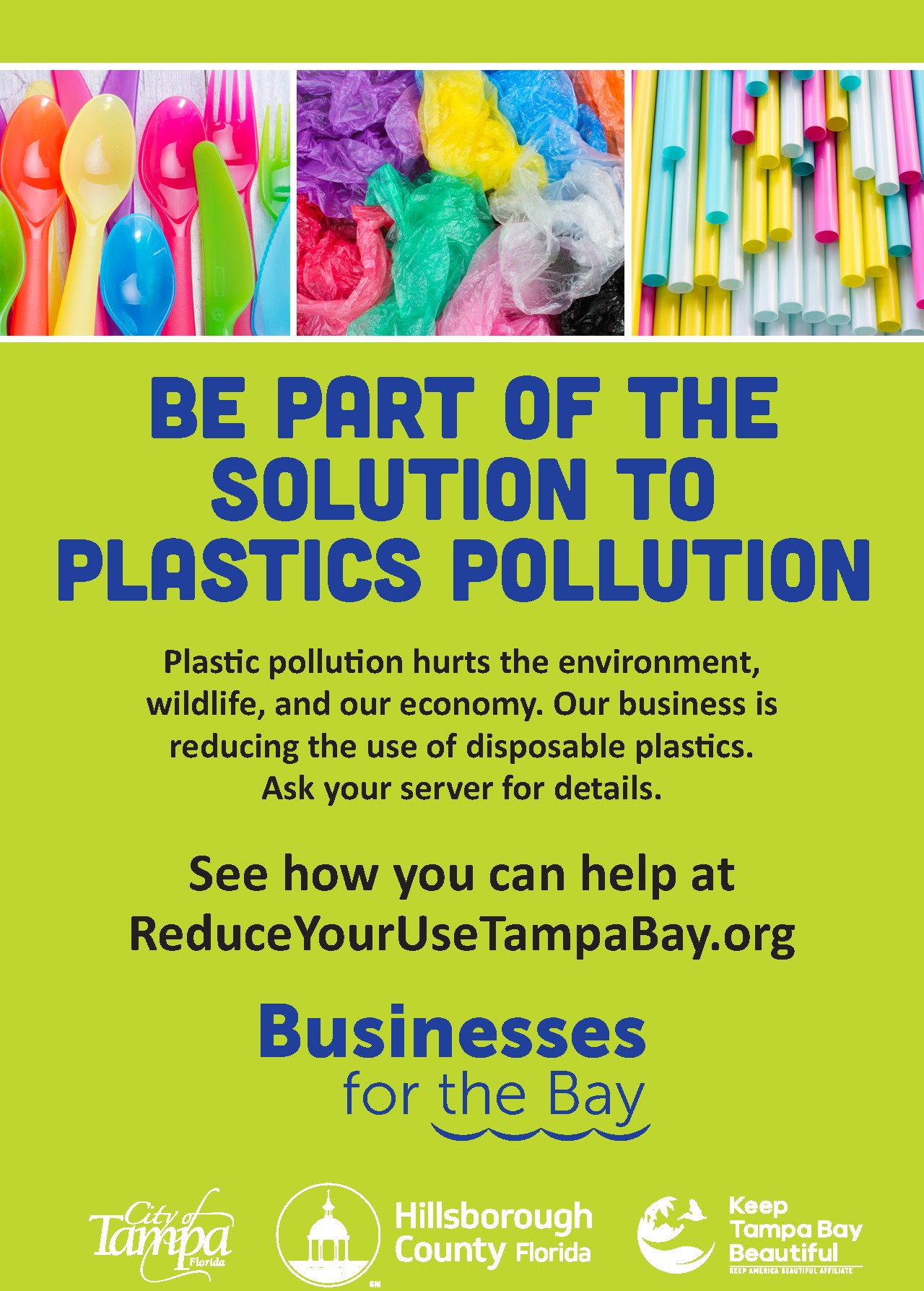
Recycling alone will never be the answer to the ever-increasing plastic epidemic – YOU are a part of the answer. By limiting your plastic waste, single use products consumption, and using your right to vote for representatives with sustainable initiatives, progress will undoubtedly be made. Shopping smart and buying products with reduced packaging and environmentally friendly practices helps to support waste reduction initiatives. Consumer behavior in all aspects of life could have both a negative and positive effect on the environment, and the plastic epidemic could be paused if structural and behavioral changes happen within our community.
General Services & Operation¶
No. Recycling material is collected and hauled by the City then taken to the current contractor, Waste Management Recycle America’s Material Recovery Facility (MRF). Waste Management processes the materials then move them to private manufacturers that will break down the items to build them back up to create new products.
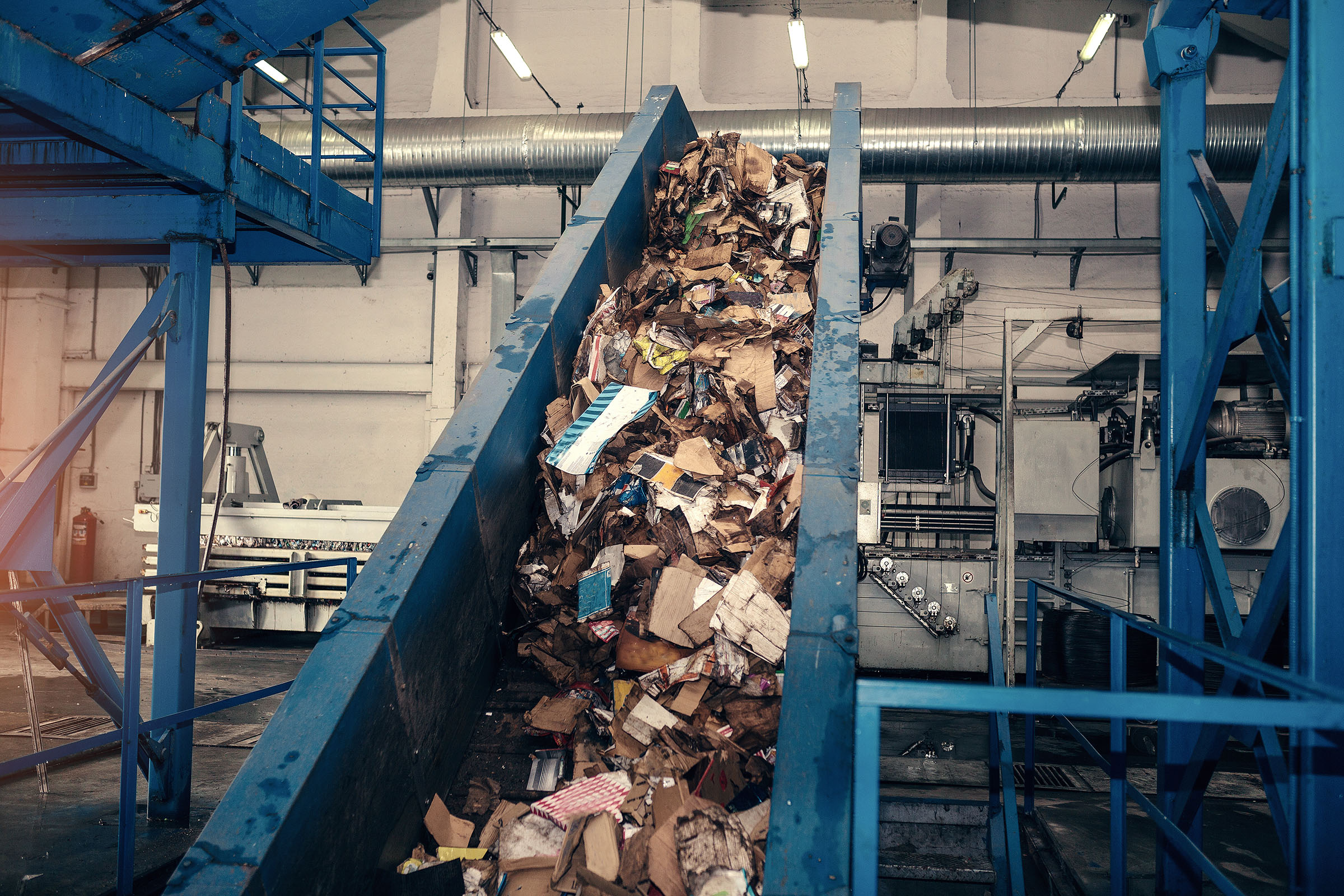
City of Tampa collects residents’ recycling and brings it to a Materials Recovery Facility (MRF). The City has a contract with a privately owned MRF for processing. If a truck load is too contaminated (unaccepted items mixed in) it will be rejected by our contractor and must then be treated as trash. If accepted, the materials go through a process of sorting into like categories. Sorting is done through a combination of hand sorting and machines. Once sorted, the items will be baled and pushed to be marketed to manufacturers. Manufacturers then take the baled items and break them down however appropriate for the specific material to build them back up into something new.
Recycling is not required by federal, Florida state, or local government statutes. It is currently a voluntary program for residents and businesses. While it may not be required, when participating, following the guidelines and rules provided are required. The quality of recycling depends highly on those that participate. Participants should recycle right or not at all, as placing the wrong items can ruin all the accepted ones. Households that exhibit routine misuse of green recycling carts may not be eligible to continue participating in the program.
Since recycling is not required and implemented into apartment complexes or other multi-family properties, residents can show interest and ask their property managers or association presidents to see about introducing service. Residents in the City of Tampa can take their recycling to our public drop-off location. The drop-off container is accessible to the public but require all items to be loose and not bagged and all cardboard to be flattened. Drop-off location information can be found on the main recycling webpage.
If you received a red warning tag on your recycling cart or a post card in the mail, it means you had items that are not accepted mixed in with your recyclables. The City uses cart evaluations to enhance the quality of the recycling program and provide education. The tag and/or postcard will provide all the necessary information to be successful when recycling. Households that exhibit routine misuse of green recycling carts may not be eligible to continue participating in the program. For more information, please visit the recycling enforcement page.
Single family homes can request a recycling cart online or by phone through the Utilities Call Center is at 813-274-8811. If you are replacing a damaged or broken cart, that cart must be placed curbside to be switched out. Only one cart per residence is allowed at this time.
For information on collection days, time, and rules please use the My Tampa Services application linked on the main recycling page. An address is placed in the search bar and collection information is listed.
Commercial recycling collection services are not available through the Department of Solid Waste at this time. Businesses, including multi-family units, interested in recycling may reach out to a private company of their choice to contract recycling services. Commercial recycling is an open market, so businesses can hire any company of their choosing for recycling service. There is no City ordinance on requirements for commercial recycling. Once your building begins to recycle, it is of most importance to ensure all staff/residents have access to what is accepted within the recycling program. Posters, signs, emails, and any other forms of communication used to communicate with staff/residents to get the message of recycling right across. To find out exactly what is accepted, that information will come from the company contracted for the recycling service.
